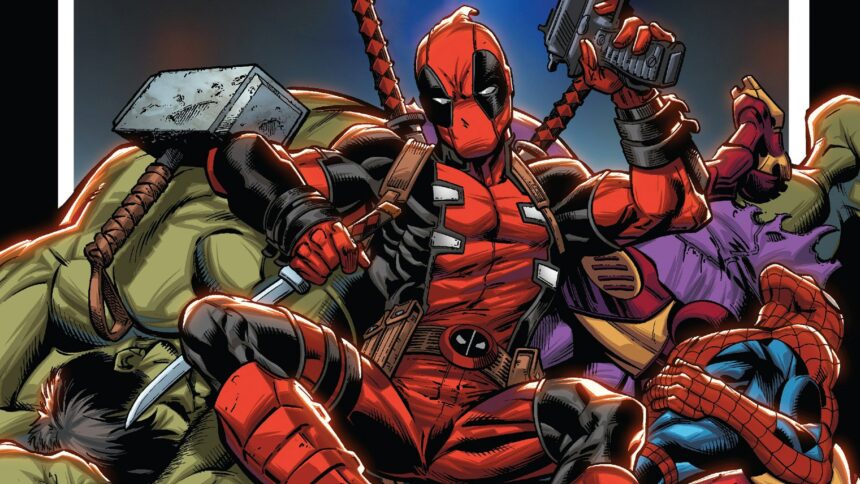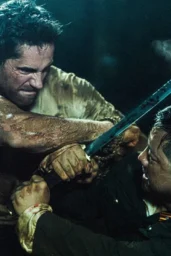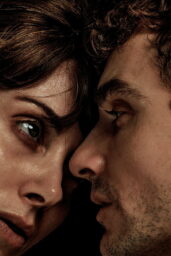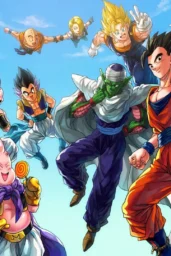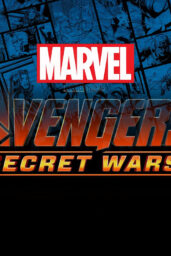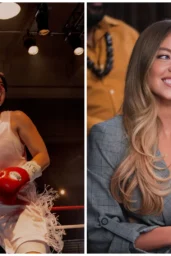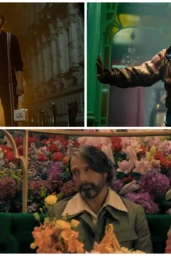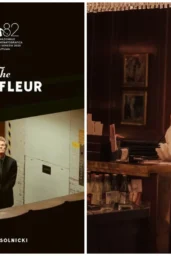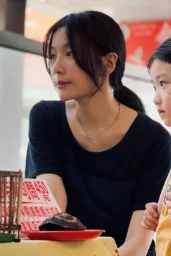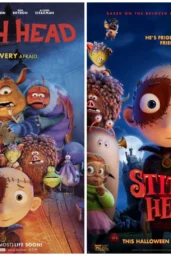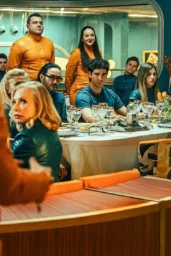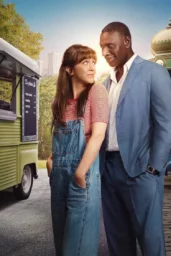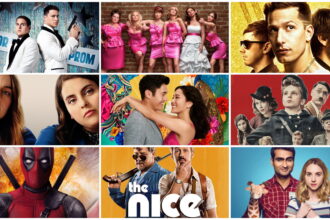There's a strange kind of silence that settles over Comic-Con when a veteran creator starts talking about regret. Not the canned variety, either—the real thing. Rob Liefeld, never one to shy away from oversized guns or oversized opinions, dropped a rare confession during a Screen Rant interview over Comic-Con weekend: he deeply regrets not taking better care of his original copy of Giant-Size X-Men #1.
For a man who helped reshape Marvel in the early '90s, that single admission lands harder than all the cable-pouches and crosshatched biceps he ever drew.
This wasn't just a collector's pang. It was a personal reckoning.
Liefeld's recent break from Marvel—public, pointed, and unsurprising—coincides with a very different kind of creative energy. One not fueled by corporate mandates or nostalgia-bait synergy, but by something far more honest: reverence. His direct-to-consumer launch of Youngblood #1 raked in a staggering $500,000, thanks in part to five variant covers and old-school loyalty from fans who still see Liefeld not as a meme, but a movement.
Now he's following it up with Giant-Size Youngblood—a blunt, loving homage to the very comic he failed to preserve.
“It's my tribute,” Liefeld said. “Giant-Size X-Men No. 1 blew me away. I was eight years old. Never bought the X-Men before that—then this guy shows up in silver armor, Storm's there, Wolverine from Hulk, and I'm like, what is this?”
That 1975 issue marked a turning point for Marvel. It didn't just revive the X-Men; it redrew the borders of who could be a hero. And Liefeld knows it. He doesn't just own rare copies—he invested in them. Literally. By his own estimate, he's sunk “millions of dollars” into X-Men original art and high-grade back issues.
This is not a man looking to cash out. It's a man stockpiling relics from a time when comics felt, in his words, important.
“That issue… it had chemistry. It had art by Dave Cockrum that still holds up. If Colossus didn't look that good, or Nightcrawler, it wouldn't have landed. But it did. And it stuck with me.”
There's a kind of guarded reverence in his tone when he talks about Cockrum, the late artist behind that seminal issue. Liefeld reminisces about shared meals, visits, conversations. Not for clout. For connection. You can hear it—that hard-to-fake ache in someone's voice when they realize the greats they admired are now just pages in a long box… or ghosts behind a signature.
What makes this moment so telling isn't that Liefeld's launching another book. He's done that before. What's different now is the subtext: this isn't just a tribute to Giant-Size X-Men. It's a quiet eulogy to a kind of storytelling Marvel no longer does. Maybe no one does.
You see, Giant-Size Youngblood isn't trying to be clever. It doesn't promise layered metafiction or social allegory. It's designed to do one thing—introduce a new team, tell a straight story, and land its punch. In an era obsessed with narrative complexity (or, worse, ideological message), Liefeld's approach feels almost rebellious in its simplicity.
That's not to say it'll work. Homage is a tricky game, and Liefeld's own work is nothing if not divisive. He was once the enfant terrible of superhero comics, then the punchline. But now? Now he's circling back—not out of desperation, but conviction.
More than anything, he's trying to recreate that feeling of being eight years old, pulling a comic off a spinner rack and being floored by what he found. And really, isn't that the point?
It's easy to mock Liefeld—many have, and will. But listen closely and you'll hear something under the bombast: a real love for the form, and a heartbreak that the industry he once helped break open has become… what it is now.
He said it himself:
“These are important. When dad dies, don't call this guy, this guy, or this guy. Call these two people. These pages—they're valuable.”
It's funny. The man who gave Deadpool his first grimace might not be remembered for a single character. He might be remembered for being the last true believer in comics-as-artifacts, in the power of a well-drawn page to shape imagination—and maybe, if it's lucky, survive its owner's childhood.
So no, this isn't just about a comic. It's about a moment lost—and a man trying to find it again.

